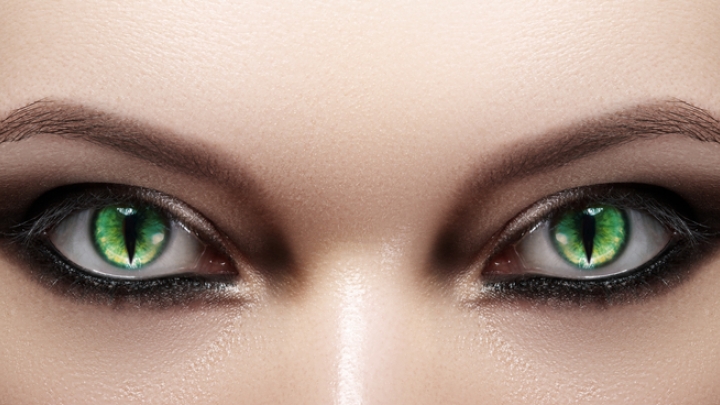(RxWiki News) Halloween is all about cool costumes, tons of candy, spooky haunted houses and trick-or-treating. So don't let potential dangers get in the way of all the fun.
The US Food and Drug Administration (FDA), Consumer Product Safety Commission and Centers for Disease Control and Prevention (CDC) are warning consumers about decorative contact lenses, makeup allergies, flammable costumes and candy that can all lead to injury. To that end, these agencies have compiled a list of tips to follow to help ensure that you and your family have a happy and a safe Halloween.
Costumes
- Be sure to wear costumes that are flame-resistant. If you make your costume, make sure to use flame-resistant fabrics, such as polyester or nylon.
- Make sure to wear bright and reflective costumes (or add strips of reflective tape) so you will be more visible when trick-or-treating at night.
- Be mindful of the length of your costume. If your costume is too long, you may be in danger of tripping.
- Instead of masks that can make it difficult to see, wear makeup.
- If you are planning to use vibrantly colored makeup, check the FDA's list of color additives to see whether the colors are FDA-approved.
- Test the makeup in advance (at least 24 hours in advance) on a small area on the arm of the person who will be wearing it. This helps test for a possible allergy. Signs of a possible allergy include a rash/redness, swelling or other signs of irritation.
Eye Safety
With Halloween approaching, you may see decorative contact lenses more and more. The FDA and CDC advise against buying decorative contact lenses from costume stores, online or at beauty stores. These stores do not require a prescription.
To prevent eye injuries, you need a prescription for any lenses you wear. Decorative and costume lenses have not been approved for safety and effectiveness. Health officials recommend that consumers only use brand-name contact lenses from well-known contact lens companies. And the FDA advises against wearing decorative colored contact lenses unless your eye doctor has fitted you for them and has given you instructions for how to use them.
These types of lenses are not “one size fits all.” Instead, an eye doctor (ophthalmologist or optometrist) must examine and properly fit the lenses and evaluate how your eye responds to wearing them. A poor fit can lead to serious eye damage, such as scratches which can lead to scarring, infections, decreased vision and even blindness.









